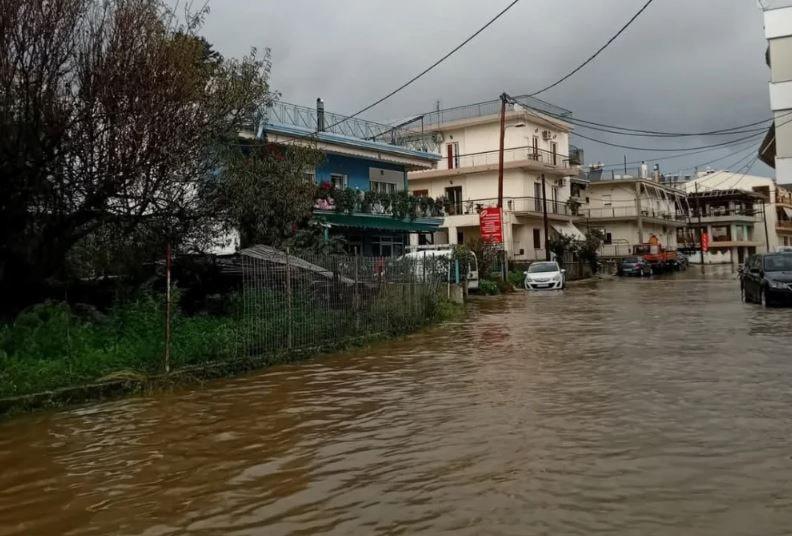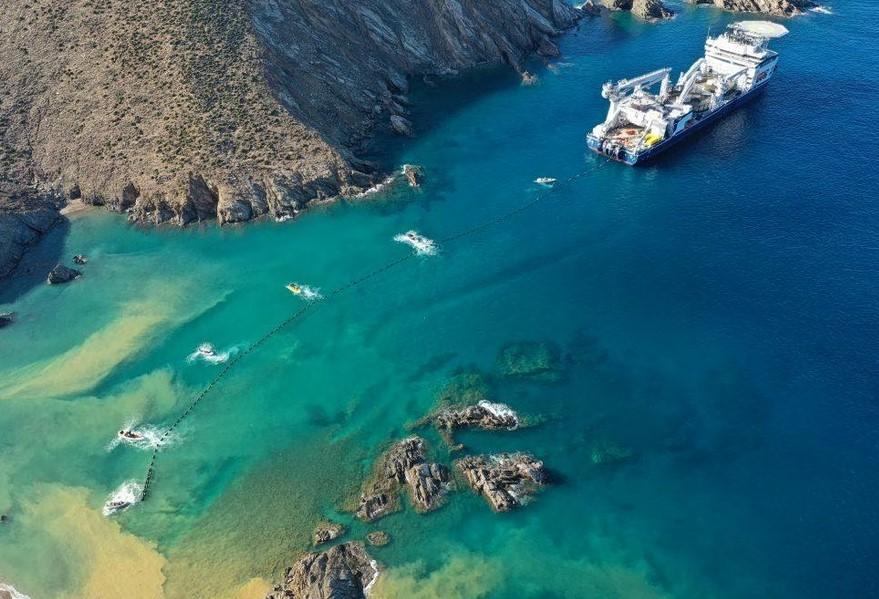For one more year, Greece maintains the scepter in global shipping with China following and Japan in third place, the United Nations Conference on Trade and Development (UNCTAD) points out in its annual report on maritime transport.
The report
On January 1, 2022, the top three ship-owning countries, based on the calculation of the carrying capacity of ships (deadweight capacity-dwt) were, as in previous years, Greece, China and Japan, says the annual report of Unctad.
Greece with 4,870 ships (1,000 gt and above) with a total transport capacity of 384,430,215 dwt maintains the global leadership in the shipping industry for another year with a share of the global fleet at 17.63%. This is undoubtedly a unique achievement as Greece is a very small country compared to the giants of the global economy such as China, Japan, etc.
Over the period 2014–2022, the 12 countries with the largest fleets remain the same, although Greece has advanced further, while China has overtaken Japan, the report points out. It is characteristic that Greece in 2014 had a share of 14.8% in the world fleet and in 2022 it was at 17.63%, while in the same period Japan from almost 14% was below 12% to 10.85%. China, on the contrary, which continuously invests in the shipping sector, improved its position from 2014 which had a share of about 9% to 12.74% in 2022.
From January 2021 to January 2022, among the top 25 ship-owning countries, Switzerland recorded the highest increase in the carrying capacity of its fleet (17%) thanks to the purchases and construction of container ships by MSC (added 250 ships its fleet), followed by China with 13%.
On the other hand, China recorded the largest share increase, 1.09% percentage points, followed by Switzerland, Hong Kong, and the Republic of Korea, whose fleets have a very high proportion of container ships.
The report covers the entire spectrum of maritime transport, and consists of seven chapters dealing with the global fleet picture, maritime trade, the state of ports and infrastructure for maritime trade, freight rates and transport costs, acquisitions and mergers and gigantism in the liner shipping industry as well as legal and environmental issues.
On the environment the report stresses the need for a predictable global regulatory framework to facilitate investment in decarbonisation. It also emphasizes the urgent need to adapt ports to the consequences of climate change, especially in the most vulnerable countries.
The predictions
The report says international maritime trade rebounded in 2021 with growth set at 3.2% after a 3.8% decline in 2020, according to the report. In 2022, this recovery dissipated, mainly due to the global economic slowdown, new waves of the Covid-19 epidemic that led to factory closures in China, and global geopolitical tensions.
Growth is expected to remain moderate this year, up to +1.4%. For the period 2023-2027, global maritime trade is expected to grow at an annual rate of 2.1%, which is slower than the average of the previous three decades (3.3%).
Finally in the last two years, the shipping sector has been in a huge upheaval. Covid-19, the war in Ukraine, climate and geopolitical change have caused the closure of ports and sea lanes and sent prices soaring, according to the Unctad report.














![Ελβετικό φράγκο: Πάνω από 3.000 αιτήσεις για ρύθμιση δανείων [πίνακες]](https://www.ot.gr/wp-content/uploads/2025/09/ot_elvetiko_fragko.jpg)
![Ακίνητα: Σε ποια εξοχικά στρέφονται οι επενδυτές [ πίνακας]](https://www.ot.gr/wp-content/uploads/2026/02/property-scaled.jpg)























